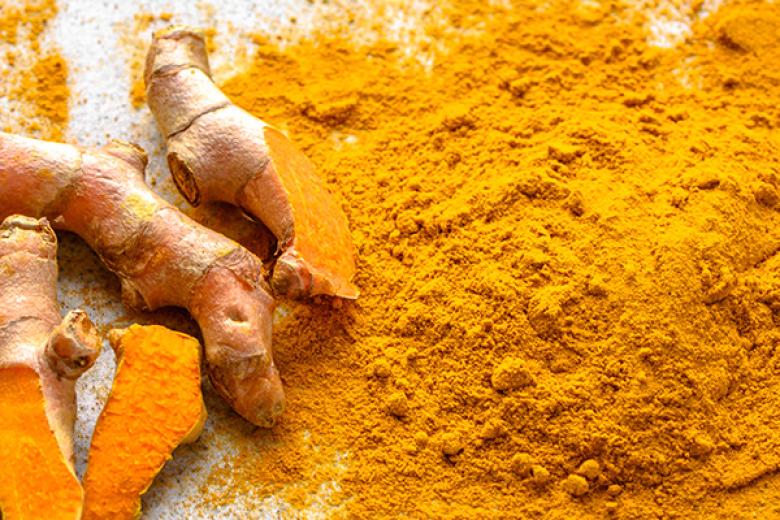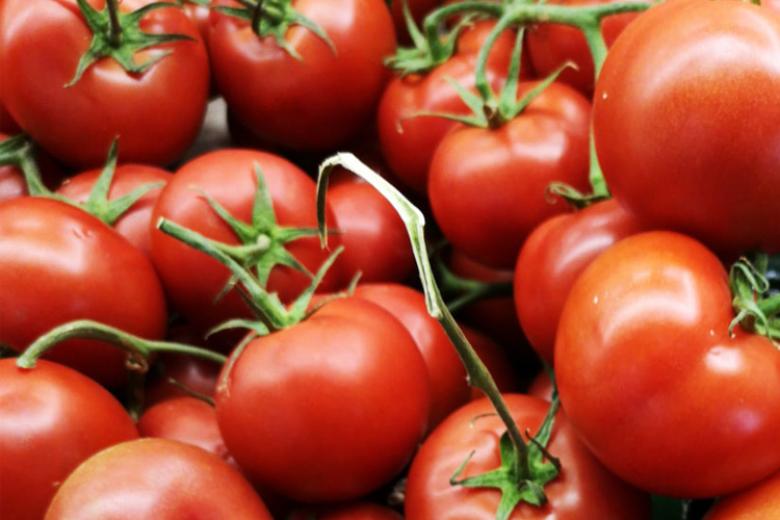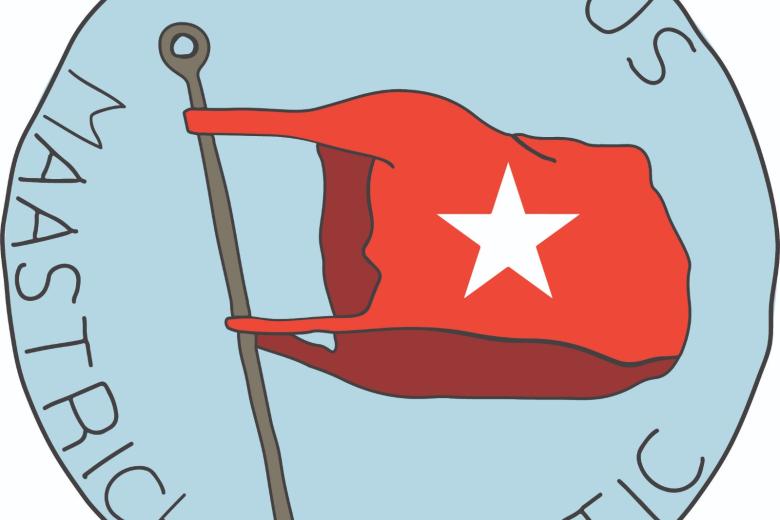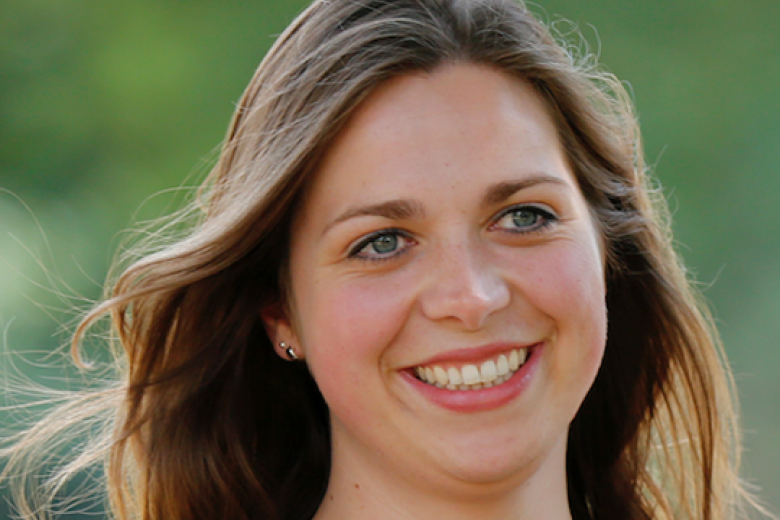Curcuma: van teelt tot biobased kleurstof
Wist je dat we in Europa per jaar ongeveer 87 miljoen ton verpakkingsafval produceren? Het goede nieuws is dat er een deel hiervan biobased verpakkingen zijn die recyclebaar of biologisch afbreekbaar zijn.

Wist je dat we in Europa per jaar ongeveer 87 miljoen ton verpakkingsafval produceren? Het goede nieuws is dat er een deel hiervan biobased verpakkingen zijn die recyclebaar of biologisch afbreekbaar zijn.

The UM Data Science Research Seminar Series are monthly sessions organized by the Institute of Data Science, on behalf of the UM Data Science Community, in collaboration with different departments across UM with the aim to bring together data scientists from Maastricht University to discuss...
Healthier agricultural soils, the restoration of agricultural biodiversity and a higher resilience of human health may be linked. Knowledge about this link has a lot of social and economic potential. The Louis Bolk Institute, the Bac2nature Foundation and Maastricht University have received a grant...

Begin dit jaar zijn twee nieuwe grootschalige onderzoeksprojecten van start gegaan binnen het Department of Data Science and Knowledge Engineering (DKE) van de Universiteit Maastricht.

Apostolis Zarras, cybersecurity expert at UM’s Department of Data Science and Knowledge Engineering (DKE), talks about his research into cybersecurity, why humans are the weak link and – topically enough – malware attacks.

Precious Plastic Maastricht is currently setting up a local recycling workspace that turns plastic waste into entirely new goods, such as bins, beams, 3D printer filaments, and much more.

Containers have emerged in the Cloud and made it possible to utilize hardware infrastructure in the most flexible and efficient way. Containers make it possible to run whole application stacks from a single configuration file. The Institute of Data Science is already making use of this container...
Mayonnaise with a blue check mark on the label. Light potato chips. Diet margarine that helps prevent heart attacks. Are these claims even true? And why do people trust Rens Kroes’s lifestyle advice, but don’t trust E-numbers? These are the types of questions that intrigue researcher Alie de Boer.
